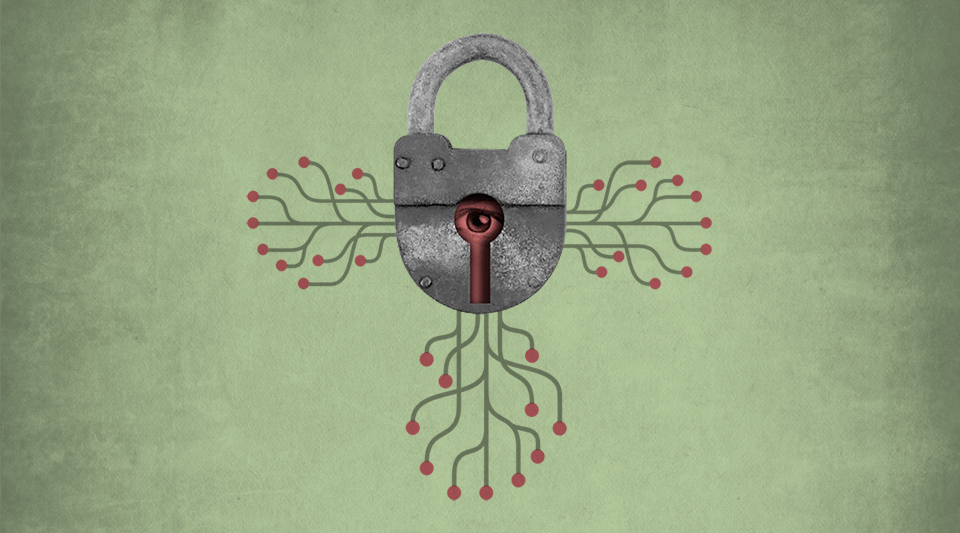The high cost of reputation crises. Are we ready for them?
The crisis Facebook experienced this year is just one example of the complex world in which we live. The paradigm shift we witnessed is a reflection of the shifting virtual scenario in which risks evolve and crises brew.
We live in a hyperconnected, hyper-transparent world in which citizens (many of whom have become cyborgs by virtue of their mobile extensions) not only spread information to all corners of the planet in a matter of seconds, but sometimes do so with even greater enthusiasm when the information is false, as recently shown by MIT research. Each and every one of us is a risk vector, as we learned last year with ransomware WannaCry.
In this highly digitalized and hyper-transparent risk scenario, the question becomes, how are companies addressing this hyper-vulnerability? How do they deal with cyberattacks, whose rates double each year? How do they protect themselves from their own employees, who have become de facto unauthorized spokespeople? Do they convert them into collaborators in crisis situations? How much money does the world economy lose from financial risk? Are boards of directors getting ready for this new reality by updating their protocols and installing the best management technology?
But it is not only cyber threats that cloud our future. The lack of protection for our personal data and communications, as well as the surge in fake news, threatens to put pressure on the current system of international global relations, increasing risks for governments, corporations and citizens alike.
The lack of protection for our personal data and communications threatens to put pressure on the current system of international global relations
How can organizations brace themselves for this reality? Can we prevent or ameliorate any of the effects this change will have on the world? Are we sufficiently ready to handle the crisis when it comes? Would we not save ourselves a lot of money and effort if we were well prepared? Would we avoid the high cost crises have on reputations and businesses if we prepared ourselves before the tsunami of risks came knocking at our door?
Answering these and other questions is why we have come together in UNO 31. Will you join us?




